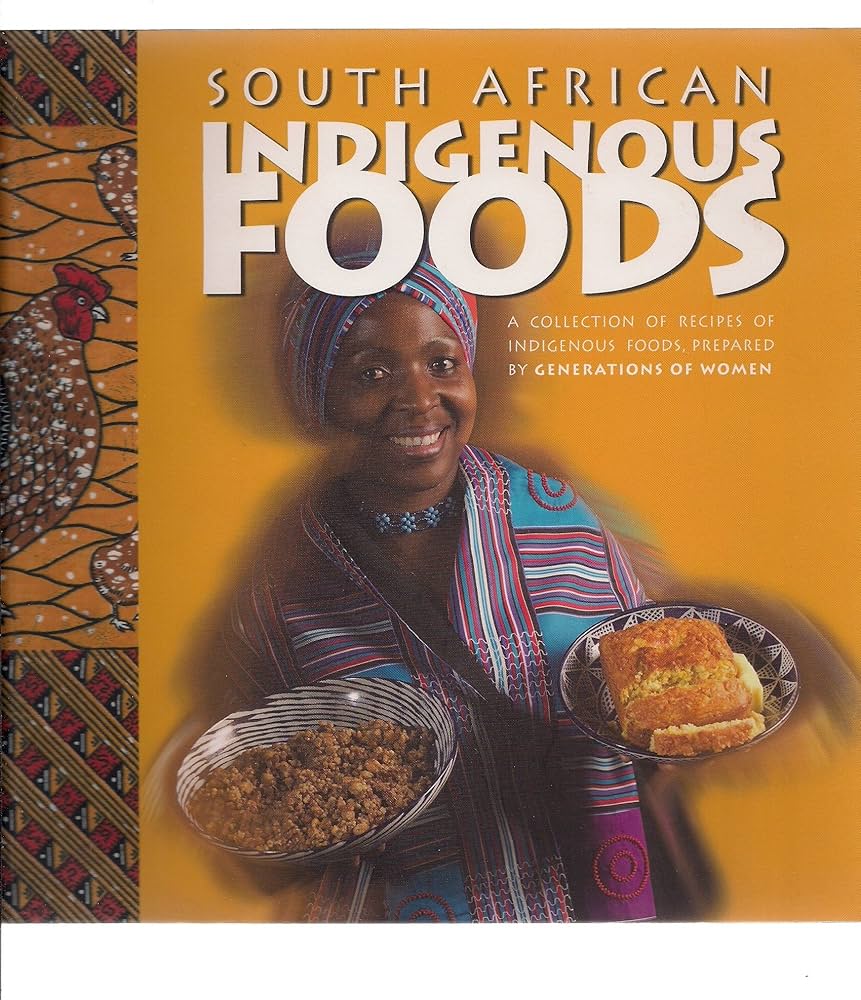-
Shop
- Back
- Shop
- Pre-Order Books
- New Releases
- Vintage Books
- Sale Books
- Children's
- Shop All
- Vintage Menus
- Risographs
- Aprons & Totes
- Moulds
- Gift Cards
- Americas
- Art & Design
- Asia & Oceania
- Europe
- Jewish
- Middle Eastern & African
- Baking & Sweets
- Drinks
- Food Writing
- Gardening & Preserving
- General & Ingredients
- Health
- Professional
- Technique
- Magazine
- Upcoming Events
- About Us
- Cookbook Club
-
Shop
- Pre-Order Books
- New Releases
- Vintage Books
- Sale Books
- Children's
- Shop All
- Vintage Menus
- Risographs
- Aprons & Totes
- Moulds
- Gift Cards
- Americas
- Art & Design
- Asia & Oceania
- Europe
- Jewish
- Middle Eastern & African
- Baking & Sweets
- Drinks
- Food Writing
- Gardening & Preserving
- General & Ingredients
- Health
- Professional
- Technique
- Magazine
- Upcoming Events
- About Us
- Cookbook Club



(African) Bomme Basemzansi. South African Indigenous Foods: A Collection of Recipes of Indigenous Foods, Prepared by Generations of Women of the Region
Illus. with photographs. Pictorial wrappers. First Edition. Pretoria: IndiZA, 2004.
This beautiful book is a collection of indigenous recipes from five South African provinces: the Free State, KwaZulu-Natal, North West, Limpopo and the Eastern Cape. Each indigenous recipe was chosen for its potential for commercial endeavours and each is beautifully photographed in full-colour. A feature photograph on each left-hand page accompanies a favourite recipe featured on the right-hand page.
Fascinating text boxes are positioned below the recipes highlighting famous indigenous sayings or words of wisdom, such as: 'Do not grind the meal before the milking has been done', with a Western translation: 'Or, never be too sure of a good thing - first things first'. Western translations are also given for indigenous ingredients, such as 'Lepu', which means pumpkin leaves. A handy guide to quantities, weights and volumes - and their approximate equivalents plus the names and descriptions of some of the more unusual crops, is also given at the beginning of the book, just before the table of contents. Free State, KwaZulu-Natal and the Eastern Cape - who take pride in the tradition of indigenous food preparation.
(79)
